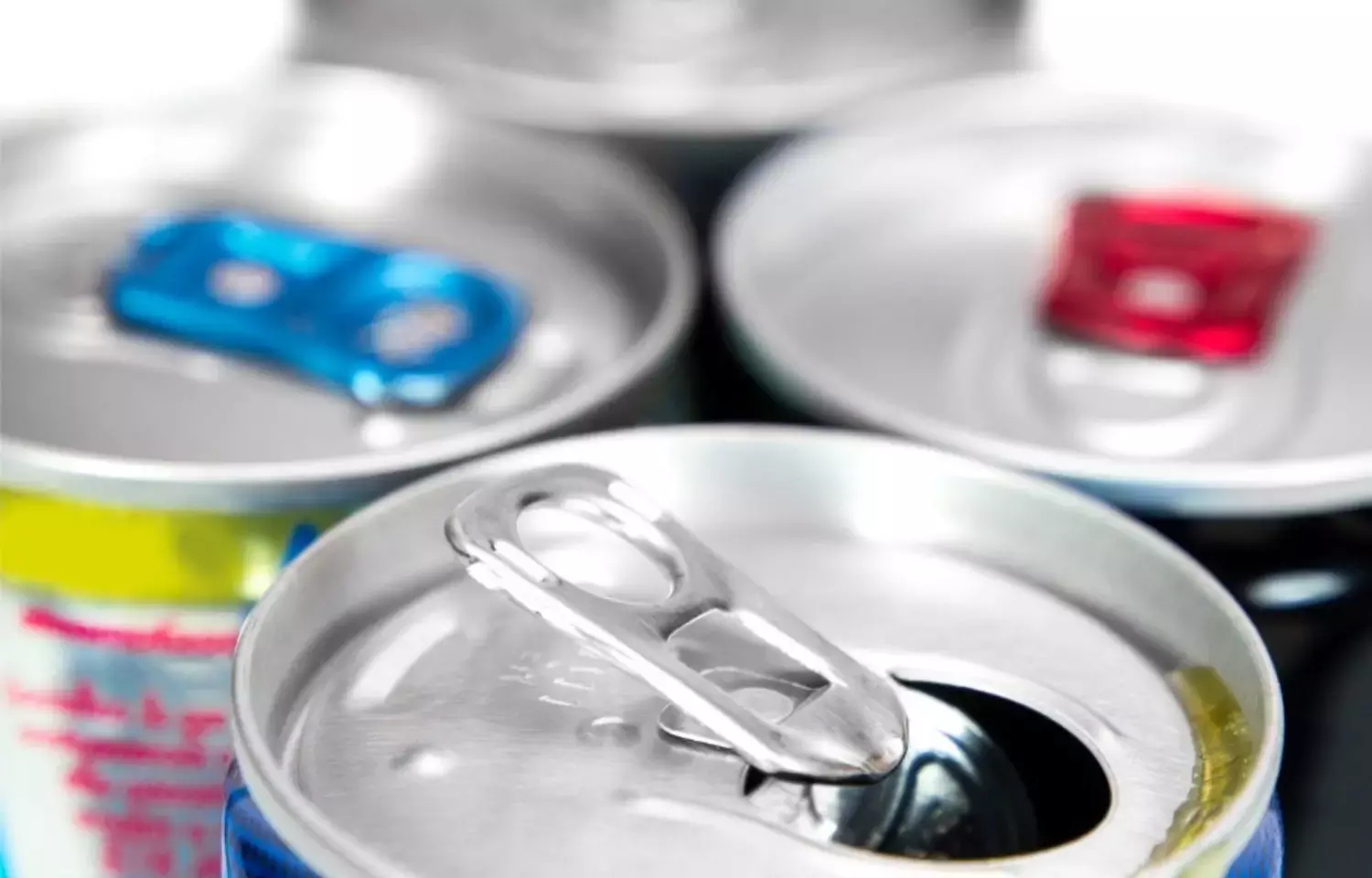- Home
- Medical news & Guidelines
- Anesthesiology
- Cardiology and CTVS
- Critical Care
- Dentistry
- Dermatology
- Diabetes and Endocrinology
- ENT
- Gastroenterology
- Medicine
- Nephrology
- Neurology
- Obstretics-Gynaecology
- Oncology
- Ophthalmology
- Orthopaedics
- Pediatrics-Neonatology
- Psychiatry
- Pulmonology
- Radiology
- Surgery
- Urology
- Laboratory Medicine
- Diet
- Nursing
- Paramedical
- Physiotherapy
- Health news
- Fact Check
- Bone Health Fact Check
- Brain Health Fact Check
- Cancer Related Fact Check
- Child Care Fact Check
- Dental and oral health fact check
- Diabetes and metabolic health fact check
- Diet and Nutrition Fact Check
- Eye and ENT Care Fact Check
- Fitness fact check
- Gut health fact check
- Heart health fact check
- Kidney health fact check
- Medical education fact check
- Men's health fact check
- Respiratory fact check
- Skin and hair care fact check
- Vaccine and Immunization fact check
- Women's health fact check
- AYUSH
- State News
- Andaman and Nicobar Islands
- Andhra Pradesh
- Arunachal Pradesh
- Assam
- Bihar
- Chandigarh
- Chattisgarh
- Dadra and Nagar Haveli
- Daman and Diu
- Delhi
- Goa
- Gujarat
- Haryana
- Himachal Pradesh
- Jammu & Kashmir
- Jharkhand
- Karnataka
- Kerala
- Ladakh
- Lakshadweep
- Madhya Pradesh
- Maharashtra
- Manipur
- Meghalaya
- Mizoram
- Nagaland
- Odisha
- Puducherry
- Punjab
- Rajasthan
- Sikkim
- Tamil Nadu
- Telangana
- Tripura
- Uttar Pradesh
- Uttrakhand
- West Bengal
- Medical Education
- Industry
Sugar-sweetened beverages associated with increased hair loss in young men

A recent study by Xiaojin Shi found highly close association between increased sugar-sweetened beverage (SSB) consumption and male pattern hair loss (MPHL) in Chinese young men. The findings were published in the recent edition of Nutrients Journal.
The consumption of added sugars is known to be high in Western diets, and it is believed that this high consumption could influence hair loss by activating certain pathways in the body. SSBs include a wide range of beverages such as sodas, juice with added sugar, sport drinks, energy drinks, sweet milk, and sweet tea/coffee.
The study recruited 1,951 young men aged 18-45 years from 31 provinces in China, and data was collected using a self-reported online survey. The survey collected information on SSB consumption, sociodemographic information, hair status, dietary intake, lifestyle, and psychological factors.
In the final analysis, 1,028 participants were included, with an average age of 27.8 ± 7.2 years. The study found that high SSB consumption was associated with a higher risk of MPHL. This association was determined by using a binary logistic regression model, with adjustments for various factors such as sociodemographic, hair status, dietary intake, lifestyle, and psychological factors.
Additionally, the study found that the association between SSB consumption and MPHL might be mediated by anxiety disorder status and disease history.
Based on these findings, the study recommends more support to decrease SSB consumption among young people to minimize negative health outcomes. The study suggests that emphasizing the potential negative effect of SSB consumption on appearance could catch the attention of the young population and promote a reduction in SSB intake.
However, it is important to note that this study is cross-sectional in nature, which means it only shows the association between the two variables at one point in time, and can not establish cause-and-effect relationship. Therefore, additional longitudinal and interventional studies are needed to confirm the current association and to provide information for evidence-based health education.
Reference:
Shi, X., Tuan, H., Na, X., Yang, H., Yang, Y., Zhang, Y., Xi, M., Tan, Y., Yang, C., Zhang, J., & Zhao, A. (2023). The Association between Sugar-Sweetened Beverages and Male Pattern Hair Loss in Young Men. In Nutrients (Vol. 15, Issue 1, p. 214). MDPI AG. https://doi.org/10.3390/nu15010214
Neuroscience Masters graduate
Jacinthlyn Sylvia, a Neuroscience Master's graduate from Chennai has worked extensively in deciphering the neurobiology of cognition and motor control in aging. She also has spread-out exposure to Neurosurgery from her Bachelor’s. She is currently involved in active Neuro-Oncology research. She is an upcoming neuroscientist with a fiery passion for writing. Her news cover at Medical Dialogues feature recent discoveries and updates from the healthcare and biomedical research fields. She can be reached at editorial@medicaldialogues.in
Dr Kamal Kant Kohli-MBBS, DTCD- a chest specialist with more than 30 years of practice and a flair for writing clinical articles, Dr Kamal Kant Kohli joined Medical Dialogues as a Chief Editor of Medical News. Besides writing articles, as an editor, he proofreads and verifies all the medical content published on Medical Dialogues including those coming from journals, studies,medical conferences,guidelines etc. Email: drkohli@medicaldialogues.in. Contact no. 011-43720751


